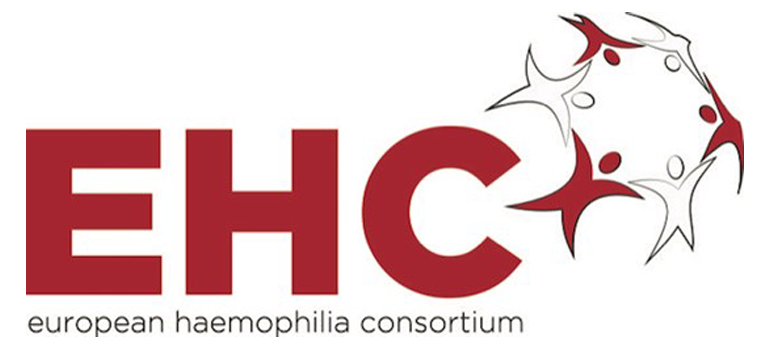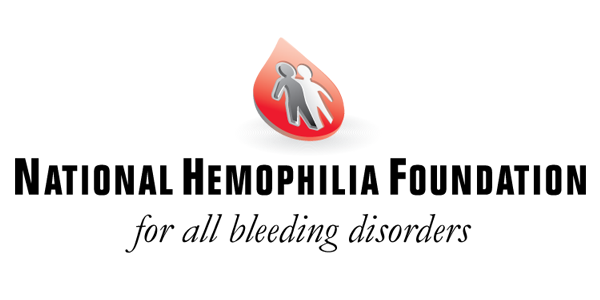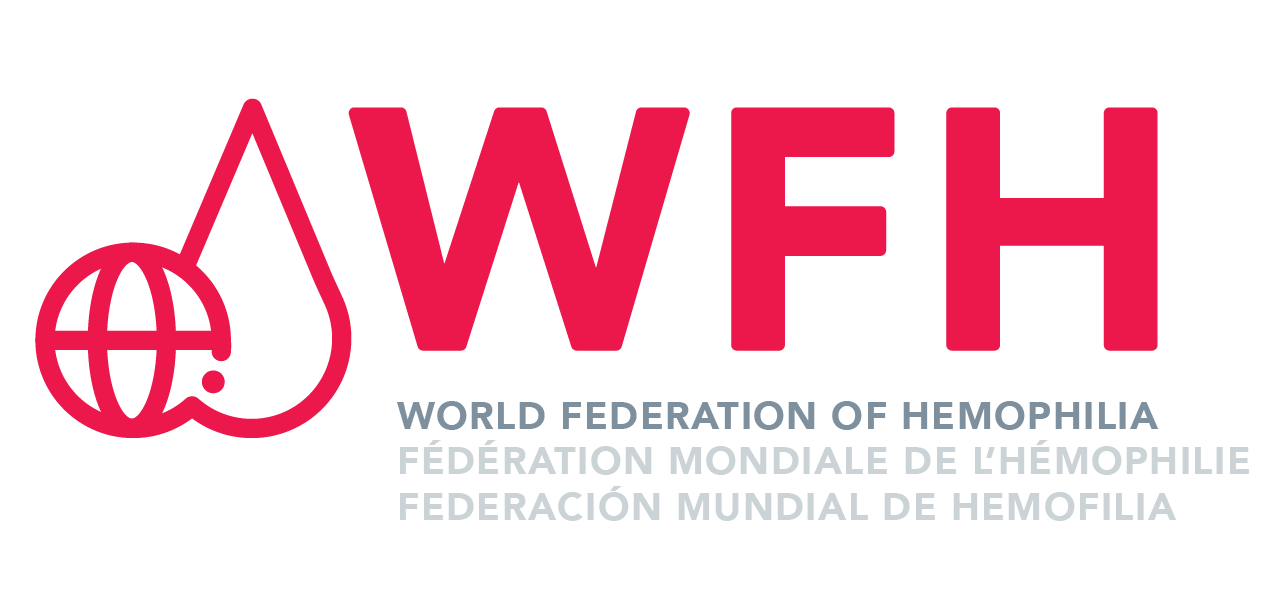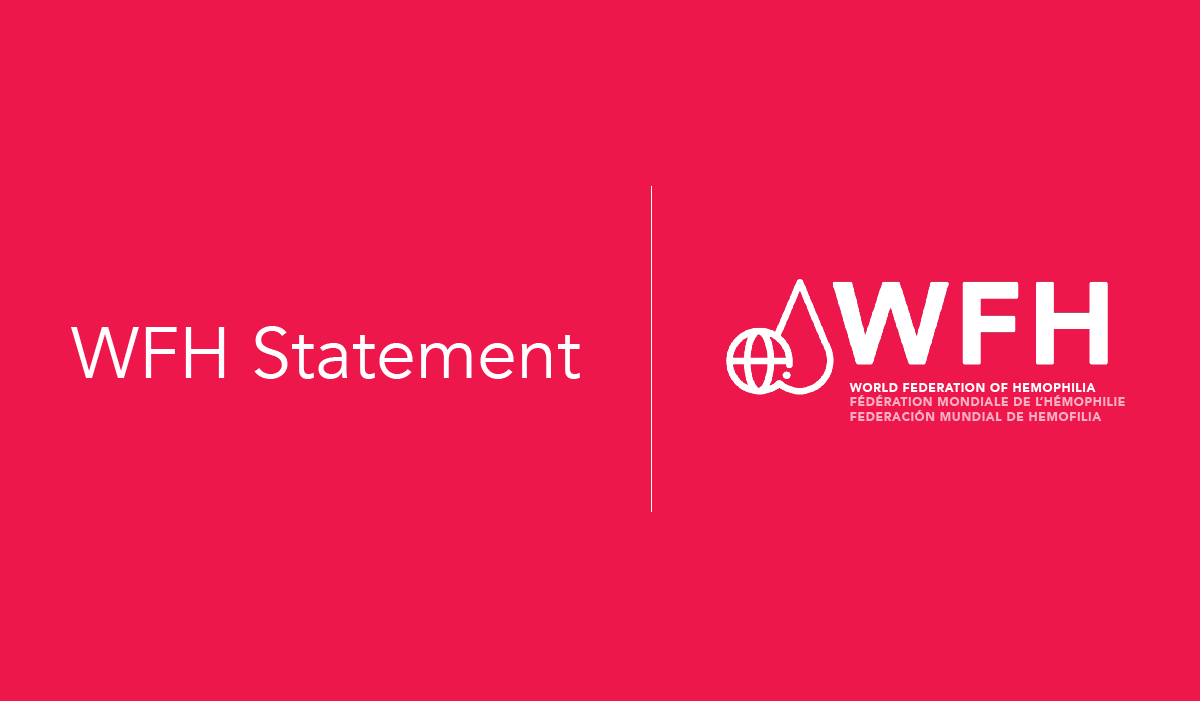


Valoctocogene roxaparvovec is an experimental gene therapy (adeno-associated virus [AAV] delivering the B-domain deleted factor VIII gene) under development by BioMarin for the treatment of hemophilia A. BioMarin has dosed 134 patients in its phase 3 clinical study while it also continues to follow up, as recommended by regulators, on 15 patients from its ongoing phase 1/2 clinical study, which completed enrolment in 2017.
A serious adverse event (SAE) is the term used to describe the occurrence of a serious health issue in a study, regardless of whether the treatment under investigation caused that health issue.
In February 2022, during the EAHAD congress, Johnny Mahlangu, MD, reported a single serious adverse event (SAE) in one of the participants from the phase 1/2 study infused with the gene therapy over five years ago. In November 2021, the participant had developed a lump in their neck, later diagnosed as salivary gland cancer. The cancerous mass was removed, and the patient was monitored. The study investigator deemed the SAE as being unrelated to the treatment and reported it as such.
A committee composed of the BioMarin study team, the study investigator, an independent committee of experts that routinely monitors the study (Data Monitoring Committee (DMC)), and other medical and scientific experts reviewed the SAE and reported it to regulators. At the time of the announcement, the SAE was not suspected to be related to valoctocogene roxaparvovec. BioMarin then initiated a genomic analysis from a tissue sample containing the mass.
In late April BioMarin announced the findings from the above genomic analysis, stating that “The results showed a comparable pattern of integration between healthy and tumour containing tissues, with no evidence emerging that vector integration contributed to the salivary gland mass.” For further discussion data will be presented at the World Federation of Hemophilia (WFH) 2022 World Congress Monday, May 9th, 13.30 to 14.30 in the Late Breaking- clinical research session.
BioMarin also supplied these data to the European Medicines Agency (EMA) and the US Food and Drug Administration (FDA) as part of the ongoing review of their respective Marketing Authorisation Application (MAA) and biologics license application (BLA) re-submission for the FDA.
This is the third report of cancer in patient participants of a hemophilia gene therapy trial. There was a cancer reported in the FIX Hope-B trial (EHC statement, NHF statement, WFH statement) where it occurred in a male patient with multiple risk factors associated with the development of liver cancer. These included a history of hepatitis C (treated prior to enrolment), exposure to hepatitis B virus, evidence of non-alcoholic fatty liver disease, and advanced age. After analysis of a biopsy for integration of the gene therapy delivery system (AAV vector genome) into the cells, no difference was seen between the healthy liver tissue and the liver cancer tissue. A tonsil cancer was also reported by Barbara Konkle, MD, in a paper on the BAX-335 trial (AAV-Factor IX), published in the journal Blood, where no integration of AAV vector genome was found in the tonsil cancer tissue, and the event was considered as unrelated to gene therapy.
The potential risk of cancer, in general, has been an element of focus for all gene therapies. The WFH, EHC, and NHF on behalf of its patient community remains vigilant and insistent on reviewing and examining any and all SAEs in these—like in all—therapies. This will help ensure the safety of these potentially life-changing treatments in the future. Whilst staying vigilant, we must also remain aware of the general background risk of cancer, including in persons with bleeding disorders. In addition to the general population risk for some form of cancer, there is also an increased risk of liver cancer, as reported by the European Haemophilia Safety Surveillance System (EUHASS), in those hemophilia patients who have had a history of HIV, Hepatitis C and/or Hepatitis B. We shall continue to request investigators, clinicians, companies and regulators to make every effort to detangle a SAE from a general background risk in the most expedient manner possible so that patients can make decisions about future treatments with all available evidence.
Surveillance for safety issues for a new technology like gene therapy is critical for our community. Toward that end, the Gene Therapy Registry is being developed to capture most or all of the patients who are treated with gene therapy as these products are licensed.
The three organizations will continue to monitor and report on all safety-related developments in all therapeutic areas relevant to our patient community.












